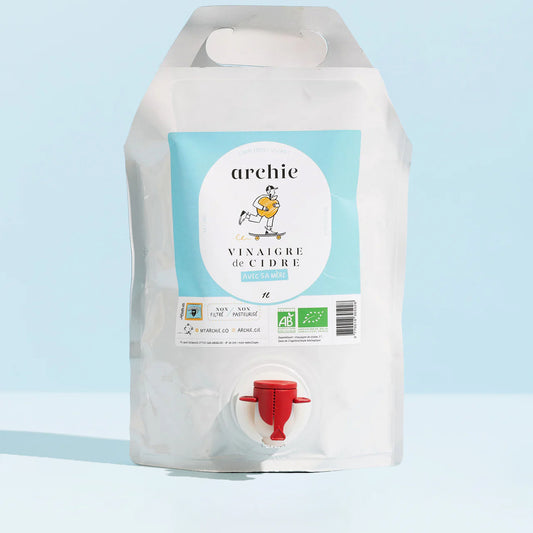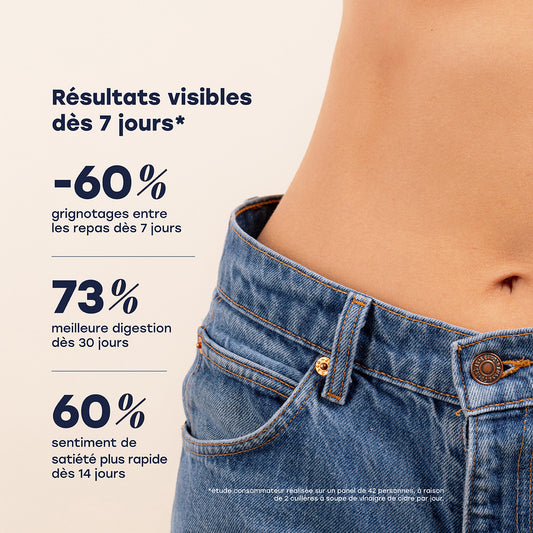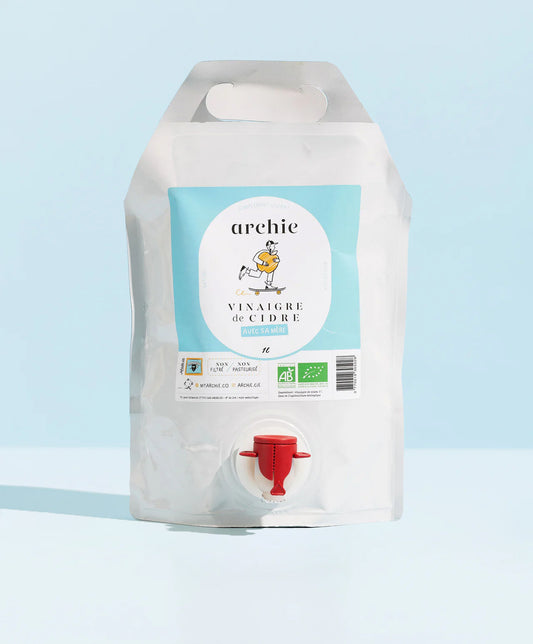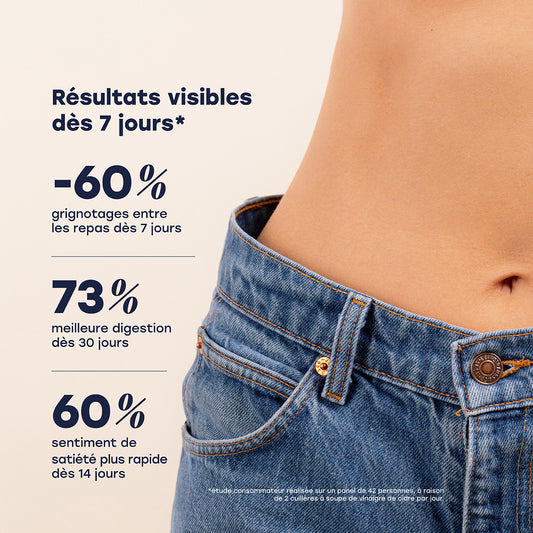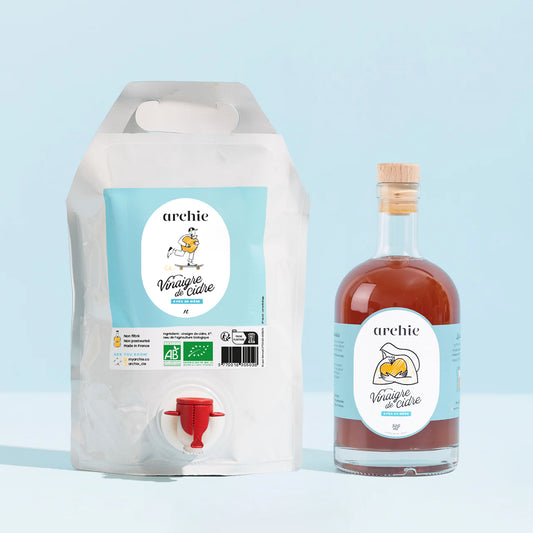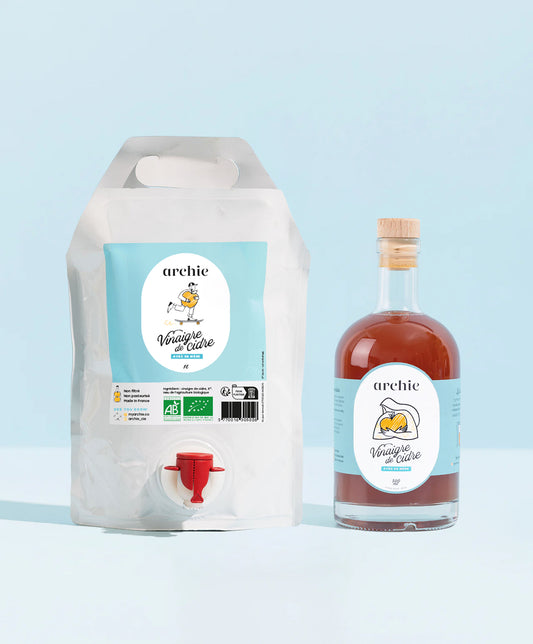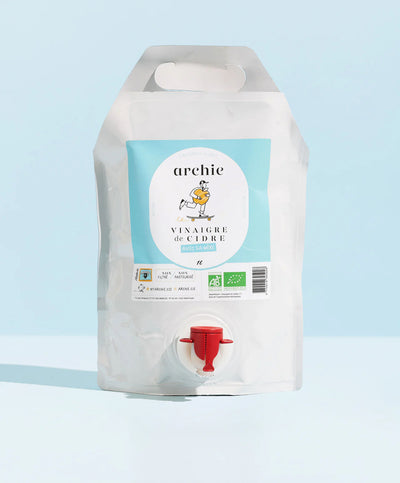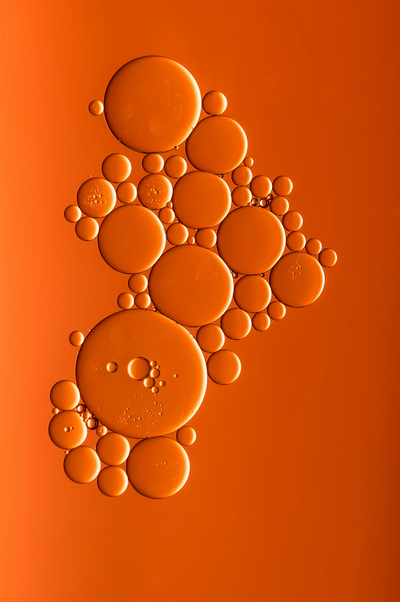In our ongoing quest for a healthy and balanced life, body detoxification has become an increasingly popular practice. This holistic approach aims to eliminate toxins accumulated in our bodies from various sources, including diet, the environment, and even stress. Combined with a proper diet, detoxification can offer a multitude of health benefits, both physical and mental. In this article, we'll delve into the relationship between body detoxification and diet, exploring the most effective methods for implementing it, as well as the tangible benefits it can bring to your health.
Understanding Body Detoxification
Detoxification is a natural process by which our body eliminates harmful substances. Our organs, including the liver, kidneys, lungs, skin, and intestines, play a crucial role in this process. However, in the modern world where we are constantly exposed to toxins from our environment, our diet, and even our emotions, our organs can sometimes become overloaded, compromising their efficiency. This is where external detoxification methods, such as detox diets, come into play.
The Impact of Diet on Detoxification
Nutrition plays a central role in our overall health, including the detoxification process. By making wise food choices, we can support and strengthen our body's natural ability to eliminate toxins. Here are some key principles to keep in mind:
Priority to Natural Foods
Unprocessed, nutrient-rich foods are essential for supporting detoxification. Fruits, vegetables, whole grains, legumes, nuts, and seeds provide an abundance of vitamins, minerals, and antioxidants, helping to neutralize free radicals and eliminate toxins. For example, fruits and vegetables are rich in fiber, which promotes regular bowel movements and waste elimination.
Adequate Hydration
Drinking enough water is crucial for maintaining the proper functioning of detoxification organs, especially the kidneys. Water helps eliminate toxins through urine and maintain fluid balance in the body. In addition to water, herbal teas and infusions can also contribute to hydration and detoxification.
Avoid Food Toxins
Reducing your consumption of processed foods, which are high in added sugars, saturated fats, and artificial additives, is essential. These substances can overload the liver and impair its detoxification functions. Choose organic foods whenever possible to limit your exposure to pesticides and other agricultural chemicals.
Promote Detoxifying Foods
Certain foods are known for their ability to support detoxification. For example, garlic, turmeric, kale, broccoli, and lemon are rich in compounds beneficial to health and can help boost the body's natural detoxification processes. Garlic, for instance, contains allicin, a sulfur compound that can help stimulate liver enzymes responsible for detoxification.
Dietary Detoxification Methods
Several dietary detox approaches are available, ranging from juice cleanses and plant-based diets to intermittent fasting. Each method has its own advantages and disadvantages, and it's crucial to choose the one that best suits your needs and lifestyle. Here are some of the most popular methods:
Juice Cleanse
Juice cleanses involve consuming only fresh fruit and vegetable juices for a set period. This method provides a high concentration of nutrients while allowing the stomach and intestines to rest. However, it's important to note that juice cleanses can be low in fiber and protein, which may lead to feelings of fullness and fluctuations in blood sugar.
Alkaline Diet
This diet emphasizes the consumption of alkalizing foods such as green vegetables, fruits, nuts, and seeds, while limiting acidifying foods such as meat, dairy products, and refined grains. The goal is to maintain the acid-base balance in the body, thereby promoting detoxification. Proponents of this diet claim it can help reduce inflammation, improve digestion, and increase energy levels.
Intermittent Fasting
Intermittent fasting involves alternating between periods of fasting and periods of normal eating. This approach can help improve insulin sensitivity, promote weight loss, and boost detoxification processes. There are several methods of intermittent fasting, including the 16:8 method, where you fast for 16 hours and eat within an 8-hour window, and the 5:2 method, where you eat normally for five days and fast for two non-consecutive days.
In conclusion, body detoxification and diet are closely linked, both playing a vital role in our health and well-being. By adopting a balanced diet and incorporating appropriate detoxification methods, we can effectively support our body's natural processes and promote optimal long-term health. Remember to consult a healthcare professional before starting any detox program, especially if you have any pre-existing health conditions. With a thoughtful and individualized approach, you can make detoxification and healthy eating the cornerstones of your overall well-being.









